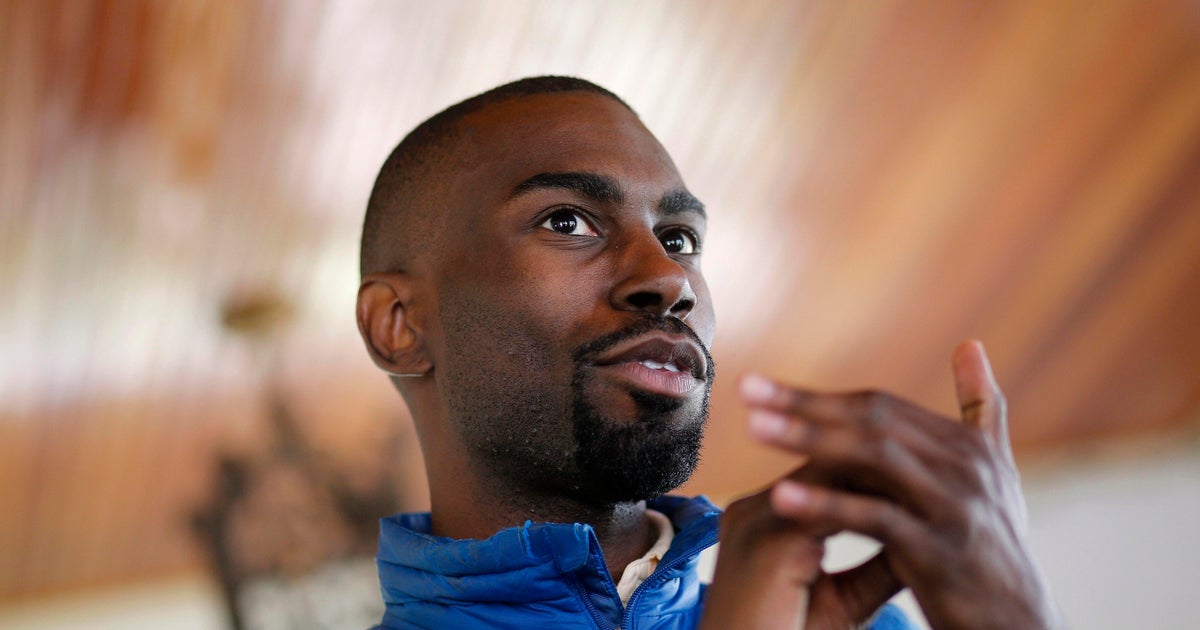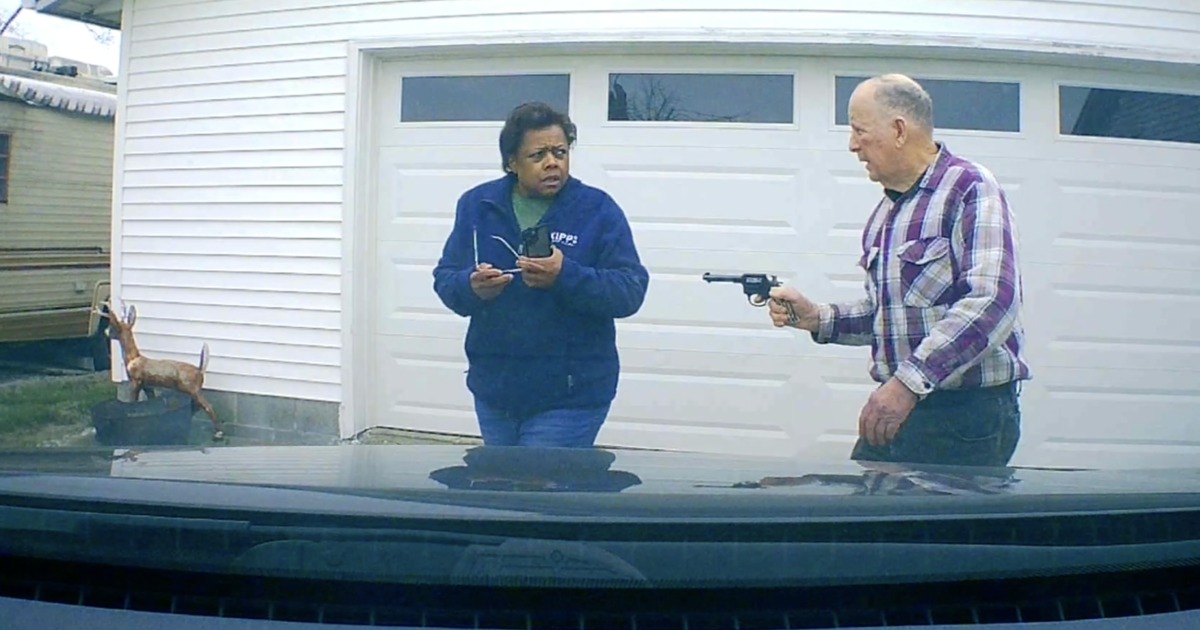Brock Turner's attorney cites "sexual outercourse" in ex-swimmer's appeal
SAN JOSE, Calif. -- The attorney for Brock Turner employed a long-shot legal strategy Tuesday during an appeal in the former Stanford student's sexual assault case. He argued that Turner's conviction should be tossed out in part because Turner kept his clothes on, CBS San Francisco reports.
Attorney Eric Multhaup said Turner -- who was not in the courtroom for Tuesday's appeal -- had no intent to rape the woman the court calls "Emily Doe" outside of a Stanford frat party in 2015. Multhaup cited witness accounts that Turner was found to be "violently thrusting" but fully clothed when two exchange students broke up the encounter.
Multhaup said Turner was engaging in what he called "sexual outercourse," calling it a version of safe sex, according to CBS San Francisco.
Multhaup also said Doe was capable of walking when she and Turner left the party together and that "the jury had to speculate that she [Emily Doe] was incapacitated" at the time of the assault about a half hour later.
He said the jury made "unreasonable inferences" that led to Turner's convictions.
"The record lacks sufficient evidence to support the three convictions in this case," Multhaup argued Tuesday in the courtroom. The three-judge appeals panel was skeptical of Multhaup's argument.
"I absolutely don't understand what you are talking about," Justice Franklin D. Elia said, according to the Associated Press, stating the law "requires the jury verdict to be honored."
Deputy Attorney General Alisha Carlile argued the judges should uphold the convictions, saying "circumstances made it abundantly clear what [Turner] intended." Turner was convicted in 2016 of three felony counts of sexual assault, including sexual assault with the intent of committing rape. A judge sentenced him to six months in prison, and he was released after serving three months.
The court has 90 days to issue a decision on the appeal.
UC Hastings law professor Hadar Aviram told CBS San Francisco that questioning the jury's actions is a risky tactic.
"We have a jury system and the jury will seldom give reasons why they decide to convict or acquit," Aviram said.
Carlile, the prosecutor, also rebutted the defense's arguments regarding Emily Doe's condition, saying, "There was ample evidence that she [Emily Doe] was intoxicated to the point of being unconscious."
Aviram said, "Because of the very high burden of proof on appeal — because the person is no longer presumed innocent, they're presumed guilty, they've already been found guilty — it's very, very difficult to convince the court of appeals that a jury decision has been unreasonable."
The case received nationwide attention and spurred a recall effort that led to Santa Clara County Judge Aaron Persky being removed from the bench by voters in last June's primary election.
Brock Turner has been living with his family in Dayton, Ohio, since he was released. He is now 22 years old.



